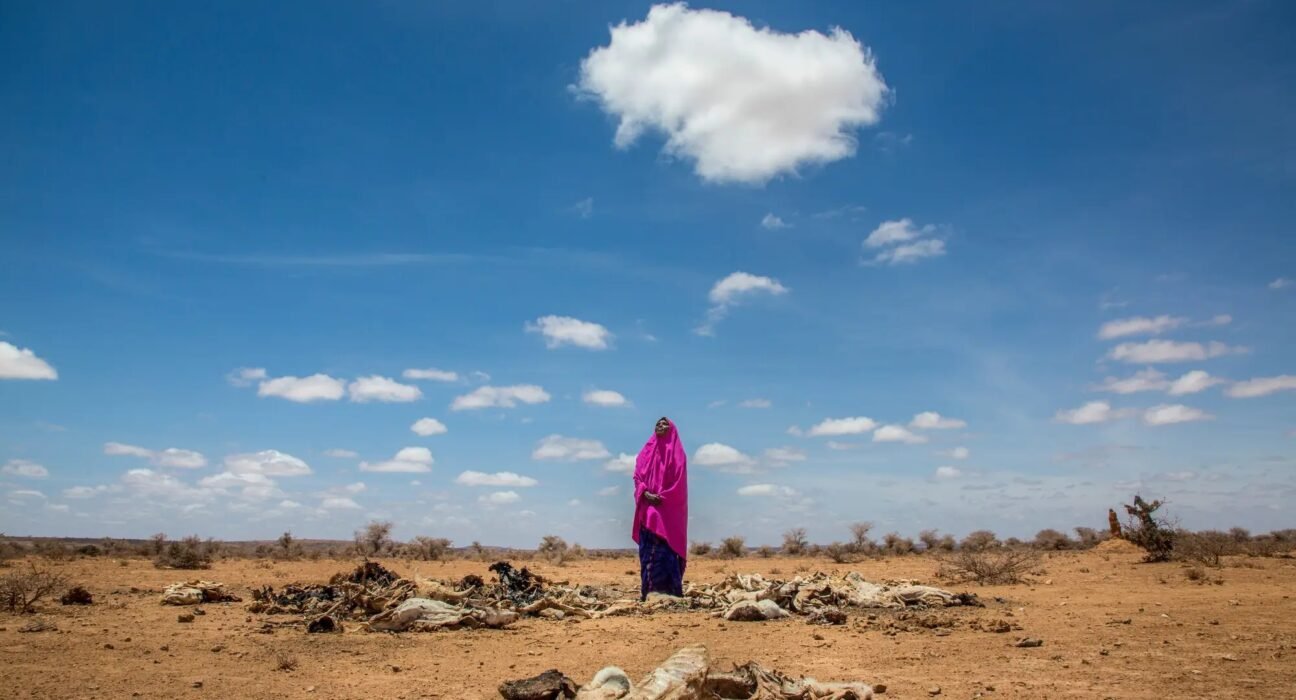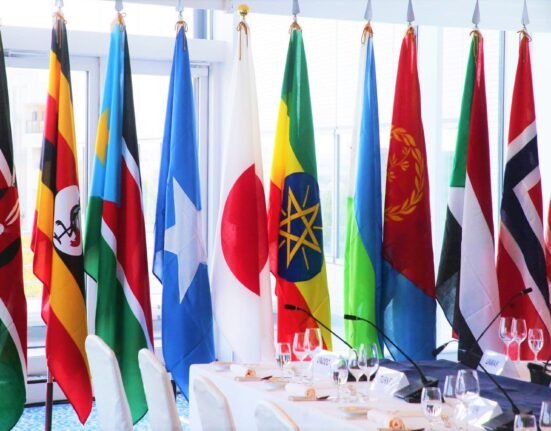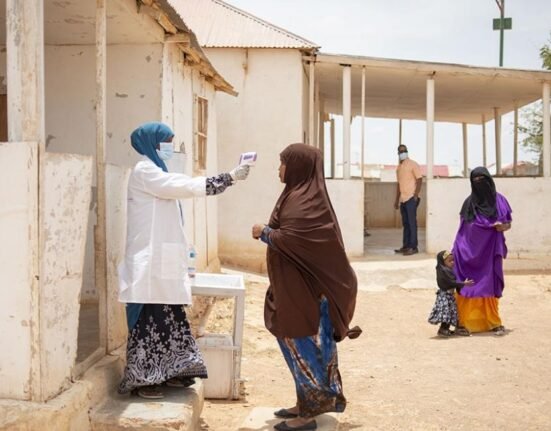Somalia, a country located in the Horn of Africa, faces numerous environmental challenges that significantly impact its people, economy, and ecosystem. The fragile environment in Somalia has been subjected to a range of threats, including deforestation, desertification, overgrazing, and inadequate water management practices. Addressing these challenges is crucial not only for the sustainable development of the country but also to mitigate the effects of climate change and ensure a better future for generations to come.
1. Combating Deforestation:
Deforestation is a major concern in Somalia, leading to the loss of valuable forest cover and biodiversity. To address this issue, initiatives promoting sustainable land use practices and reforestation should be implemented. Raising awareness among local communities about the importance of forests, providing alternative fuel sources, and involving them in tree planting campaigns can go a long way in replenishing the country’s forests and preserving its biodiversity.
2. Tackling Desertification:
Somalia’s vulnerable geographical location makes it susceptible to desertification, a process that transforms fertile land into arid desert. To combat desertification, efforts should focus on soil conservation techniques, such as terracing and reforestation. Additionally, implementing sustainable farming practices, like agroforestry and drip irrigation, can help restore degraded land and improve agricultural productivity, ensuring food security for the population.
3. Promoting Sustainable Pastoralism:
Overgrazing is another pressing concern in Somalia, exacerbating desertification and soil erosion. Encouraging sustainable pastoralism practices, such as rotational grazing, promoting the use of designated grazing zones, and providing education on sustainable herd management, can help prevent further degradation of the land. This will not only safeguard the livelihoods of pastoral communities but also preserve the delicate balance between grazing and biodiversity conservation.
4. Improving Water Management:
Access to clean water remains a significant challenge in Somalia. Effective water management strategies, including the construction and maintenance of water storage facilities, the development of efficient irrigation systems, and the promotion of rainwater harvesting techniques, are essential to ensure the sustainable utilization of water resources. Investment in water infrastructure, coupled with education on water conservation practices, can help alleviate the burden faced by communities and reduce conflicts over limited water supplies.
5. Building Resilience to Climate Change:
Somalia is highly vulnerable to climate change impacts, such as unpredictable rainfall patterns, increased frequency of droughts, and flooding events. Building resilience through climate change adaptation measures is crucial to protect communities and ecosystems. This can be achieved through the implementation of early warning systems, drought-resistant crop varieties, climate-smart agriculture practices, and the establishment of climate change research and monitoring centers.
Conclusion: Addressing environmental challenges in Somalia is vital for the sustainable development and resilience of the country. By combatting deforestation, tackling desertification, promoting sustainable pastoralism, improving water management, and building resilience to climate change, Somalia can create a more sustainable






